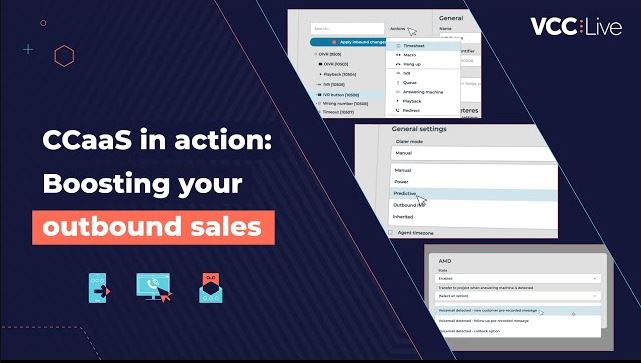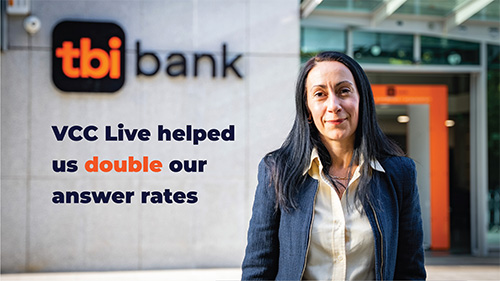Establishing a business partnership with another company is one of the most practical ways to expand your customer outreach and get more business coverage. Additionally, it is also an excellent way for you to offer more value to your already existing customer base.
A business partnership is worth thinking about, no matter what scale your company is at. Once you find a reliable partner, establishing a business partnership with them may be a long term investment, with years of beneficial business collaborations to come.
By collaborating, both companies can extend by offering their partner’s products and services. A good example of this is the recent collaboration between Spotify and Uber. Spotify’s music streaming services were given a new platform when Uber cars played songs from Spotify and let the passengers control the playlists. Uber in exchange was able to differentiate itself from other car-sharing services by offering a service that was unique to them. Here are the best practices of establishing a fruitful business partnership and setting up yourself for success.
Clear communications
Be clear about both your expectations from the beginning of your collaboration. Set clear goals and define what the partnership should be about and what it should accomplish. Additionally, break down your partnership plan into several processes or milestones and agree on what each partner’s role is within it. Clear planning and communication will eliminate any potential disputes that might come up along the way, avoiding confusion for employees, leaders, and clients.
Team spirit
According to a recent study, 80 percent of all new business partnerships eventually fail. Avoid this by taking time to accommodate each other into the company’s team and internal structures. While this may seem time-consuming, it is an investment well worth taking. By understanding each other’s processes and sharing each other’s knowledge base, you can develop a long term partnership that can lead to long term and sustained returns on investment.
Room for development
When establishing a business partnership, you are not just combining existing resources, but also creating new, game-changing assets. Therefore, it is crucial to be flexible and open to expansion when it comes to your product features. Adaptability is especially important in tech partnerships, where your products need to be constantly scalable to evolving client or customer needs.
In terms of its technical aspects, the ability to change and expand features is a crucial asset for both your newly integrated partner technology and for your expanding client base.
In terms of a business partnership, flexibility is crucial, as it means that both companies and their employees have the space to launch new products and features and plan new forms of customer engagement. Any good business partnership should have room to change and adapt over time.
Honesty is the best policy
Even with the best intentions, not all business partnerships are likely to succeed or go exactly according to plan. In order to mitigate any potential conflicts or frictions in your business partnership, make sure, to be honest and give regular feedback to your business partner.
Make your strengths and weaknesses known and expect the same from your business partner. This way, you can make sure to be able to tackle any hurdles before it becomes a bigger problem. Try to turn every failure into a learning opportunity by addressing and assessing it at the right time.
Establishing a business partnership with a suitable company can be the next step in the expansion of your company. However, executing it in a way that is beneficial for both partners, depends on your approach. Make sure to bring out the maximum from your business partnership, by setting clear communication guidelines, accommodate the other party into your processes, give flexible room for development, and most importantly, be honest along the way.
Example: VCC Live’s partnership options
VCC Live welcomes business partners to help together expand our market reach and provide better services for our customers. We invite companies to work with us in three different areas:
- Channel partners (resellers) – companies who offer VCC Live’s software to their clients and prospect based earning a generous commission.
- Referral partners – partners who send leads seeking to improve their contact center operations to the VCC Live’s sales team
- Technology partners – companies offering technologies that can complement our cloud contact center platform benefitting both sides. Examples include payment gateways, CRM systems, or AI-based technologies.
Interesting links to keep in mind:
Partners section on VCC Live



















